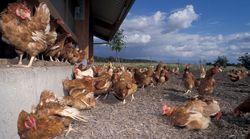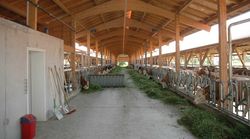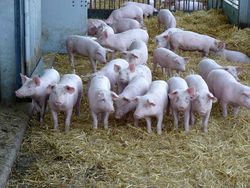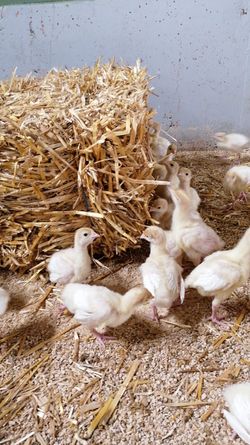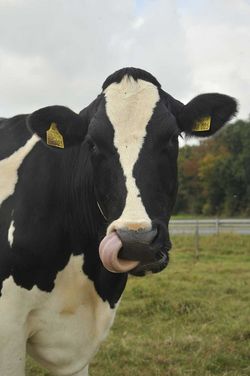Whether our farm animals are kept according to their needs, in a “welfare-friendly" manner, has been an important question in the social and scientific debate for some time. Examples for impaired animal welfare range from painful procedures such as dehorning, castration and beak trimming to high disease and mortality rates and the severely restricted animal behaviour.
The framework for animal husbandry is defined by animal welfare legislation. How the legislation is controlled and how courts punish violations plays an important role in the effectiveness of the laws. We have investigated the cooperation between official veterinarians (control) and public prosecutors (enforcement) and carry out impact assessments of legal changes for the Federal Ministry of Agriculture.
Changes in existing husbandry procedures and management are often associated with higher costs for the farms. Political action is needed here. With financial support for welfare-friendly husbandry practices, farmers can be compensated for higher costs or rewarded for their animal welfare performance.
In order to support policy-makers in designing effective support instruments, we evaluate the impact of existing measures, but also develop concepts for new approaches such as the results-oriented animal welfare premium. In addition, we calculate the costs associated with the introduction of various procedures at the individual farm level (alternatives to castration without anaesthesia, husbandry procedures with outdoor access, etc.) and determine the funds required for corresponding support measures on the basis of these costs.
The basic prerequisite for political action, for consumer decisions but also for the evaluation of policy measures is the availability of suitable information and data. We are therefore actively involved in the discussion on the selection of suitable animal welfare indicators and are working on the establishment of regular, indicator-based animal welfare monitoring.





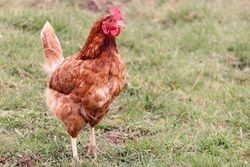
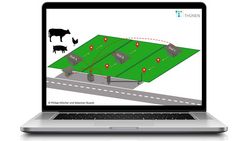
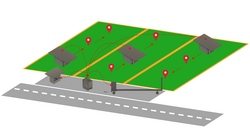
![[Translate to English:] InnoRind](/media/_processed_/7/c/csm_2532_Rind_ab_mitLogo_d3b7051c37.jpg)
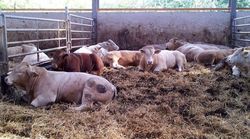
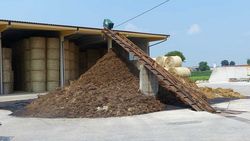
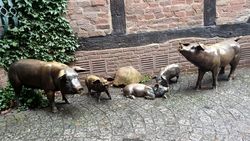
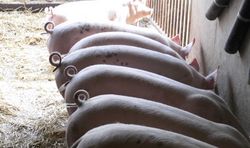
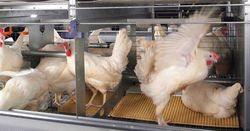
![[Translate to English:] National Animal Welfare Monitoring](/media/_processed_/8/d/csm_2062_2022-08-31_Tortenlogo_c531f5c4ac.jpg)
